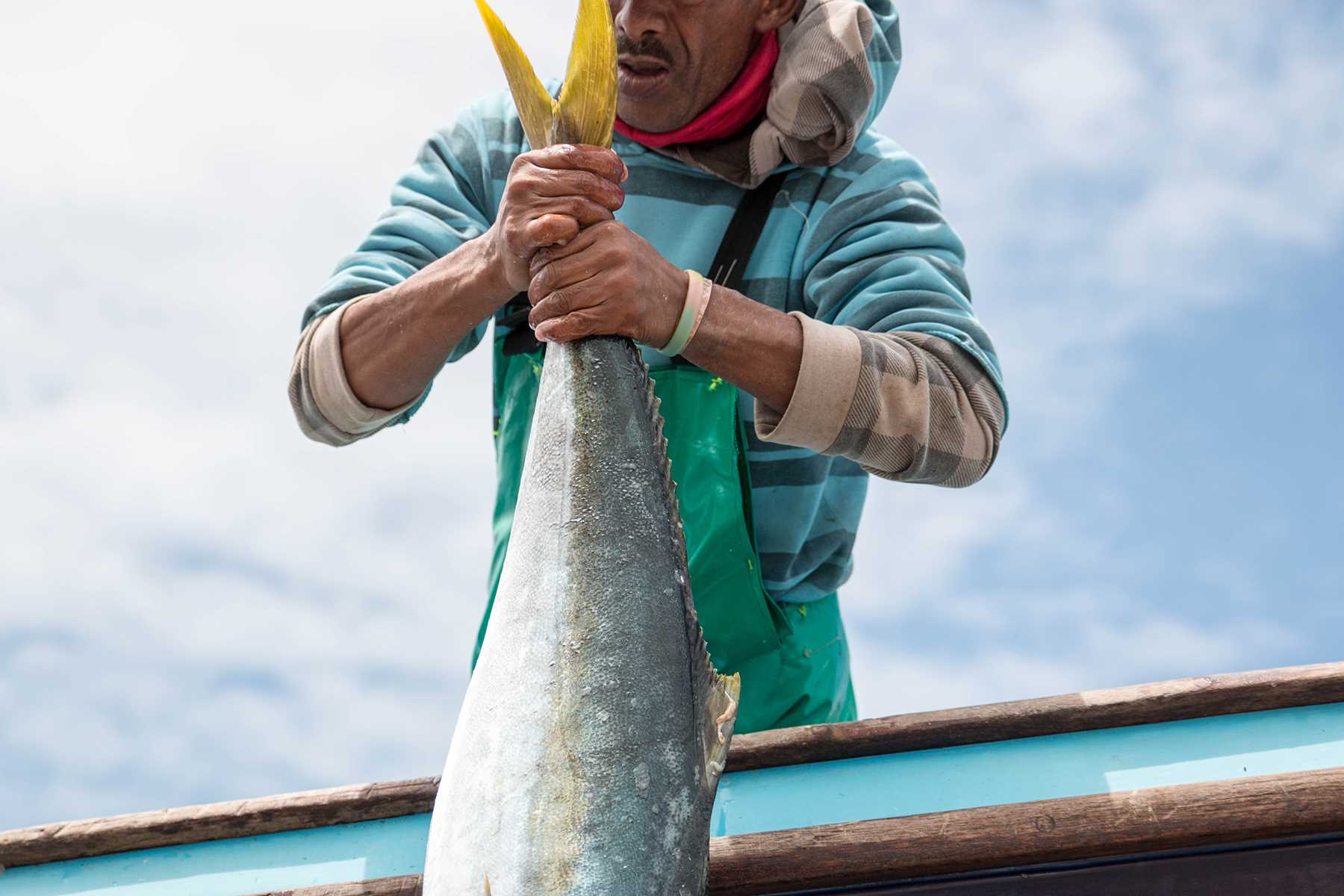The Bertha Centre for Social Innovation and Entrepreneurship, in partnership with Investec, is spotlighting South African companies leveraging technology and innovative finance to meet the Sustainable Development Goals. In the first episode of a new series, three entrepreneurial companies are building platforms to create jobs, support entrepreneurs and facilitate financial inclusion in support of SDG No. 8: Decent work and economic growth.
Cape Town, July 8 – News outlets are using terms like “broken,” “urgent,” and “shock” to describe last quarter’s economic results in South Africa. The negative 3.2% growth rate is the worst in a decade. The 53% unemployment rate for South Africa’s youth is the highest in the world.
Business and policy initiatives to improve South Africa’s dire jobs situation and economic inequality have indeed been slow to show progress. Local entrepreneurs and engaged communities are taking the lead in addressing financial inclusion and upskilling the country’s low-wage, informal and otherwise vulnerable workforce.
To date, traditional and angel investors have provided most of the finance raised by these locally-birthed social enterprises. As these tech-for-good companies prepare to scale, we see significant opportunity for impact investors to get involved. Among the entrepreneurial companies in South Africa’s buzzing tech startup scene that are helping people find work, boost skills and earn better wages:
“Uber” for domestic work. South Africans have smartphone savvy, but that hasn’t helped most of them find work. Domestic service workers rely on age-old ways to find jobs, like notice boards, classified adverts and word-of-mouth referrals.
SweepSouth is a platform that matches un- or under-employed domestic workers with households seeking professional cleaning services. Its Uber-like model supports more than 50,000 women, predominantly single mothers, in finding domestic work within their cities. Workers using the platform take home up to 96% of the hourly rate that customers pay, ensuring that they, rather than SweepSouth, earn the benefits from the work they are doing.
SweepSouth’s model goes beyond gig-work matchmaking with a holistic approach to decent work and its role in economic growth. Women using the platform can access financial literacy and savings training, low-cost bank accounts and medical advice on call. SweepSouth works with online training providers to develop skills and vocational training. A number of women on the platform have been promoted to positions on the company’s operations team.
Financially, the company is demonstrating the model can work. SweepSouth generated more than 100 million rand ($6.7 million) in revenue last year and just raised 30 million rand ($2 million) from the venture fund of Naspers, a holding company for internet and telecom firms.
Cash where it’s needed. Remittance payments often function as a financial lifeline, particularly for families living in poverty. Remittance services companies are known for capitalizing on this need with their high fees. South Africa is one of the worst offenders, with fees among the highest in the world, sometimes reaching 30% of each transaction.
Mama Money is trying to shake up the $529 billion global remittance market by offering a mobile-based money transfer service that charges a flat rate of 5% for any amount, to any country. Customers can also use its service through Mama Money’s agent network.
Mama Money’s two founders met on a beach while traveling in Mozambique and became the youngest people to secure a money transfer license from the Central Bank of South Africa.
Since launching in South Africa in 2015, Mama Money has rolled out its service in 17 African countries. The company claims to be growing more than six-fold annually and has created more than 2,500 jobs through its network of agents.
Seafood with a story. People are increasingly concerned about where their food comes from. Agtech startup Abalobi is feeding consumers’ demand for more information and transparency in the food chain with a digital marketplace that connects local fishing communities with restaurants.
The company’s mission is to help small-scale fisherman become self-made entrepreneurs and command fairer wages, while improving seafood supply-chain transparency. Fishermen post their daily catch in the Abolobi marketplace. Restaurant chefs browse the selections and detailed information on the fish. Abolobi facilitates delivery and transportation of the chefs’ selections, serving some of South Africa’s most acclaimed restaurants.
Diners get the benefit of Abolobi’s service too: their orders are accompanied by a QR code that links to the backstory of their dish and information on the species of fish, the fisherman who caught it, and where and how the catch was made.
Natasha Dinham is a project manager of impact investing and innovative finance at Bertha Centre for Social Innovation and Entrepreneurship.











